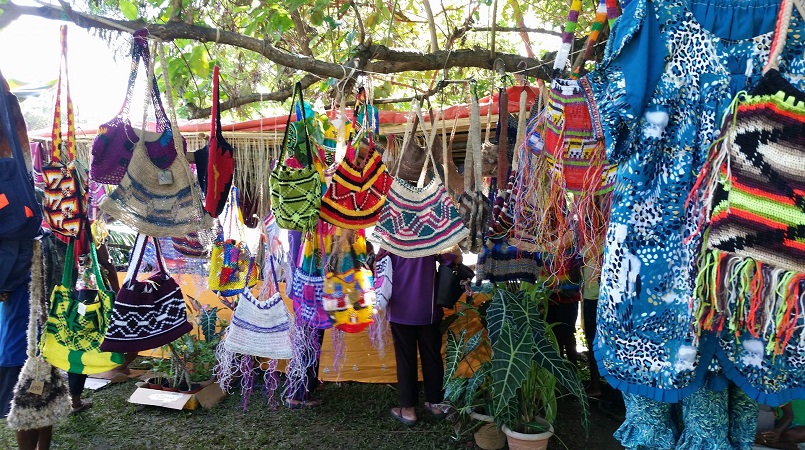
Thousands of small and medium-sized enterprises (SMEs) in Papua New Guinea and the Pacific have been severely hit by the COVID-19 pandemic.
A survey by Pacific Trade and Invest shows 90 percent of Pacific SMEs report a decline in revenue since the pandemic hit and 92 per cent believe COVID-19 has negatively influenced the economy.
The outbreak has severely affected the operations and profitability of their businesses.
Not only that, those employed by the SMEs have lost jobs as they could not sustain the impact of the outbreak.
Travel bans and restrictions on gatherings have also affected businesses in PNG and the Pacific.
The PTI survey, is the second in a series of 15 fortnightly surveys designed to track the changing impact of COVID crisis. It includes responses gathered from 1–7 June 2020 from 143 businesses across the Pacific Islands.
According to the Pacific Trade Invest (PTI) this second survey showed the level of impact COVID-19 is having on businesses is starting to decline, with fewer businesses (88%) reporting an overall negative impact compared to 91% in the first Survey..
The PTI report includes detailed data from Fiji, PNG and Niue -the top three Pacific Countries that provided responses- ) providing insights into the nuances between countries and the effects COVID-19 is having on the private sector.
Fiji remains the most heavily affected with nearly three-quarters reporting a very negative impact.
It was also noted in the survey that the proportion of businesses reporting a significant decline in revenue due to COVID-19 has dropped to 66% (down from 79% in the last survey).
However, about 70% of business in the survey are confident they will survive COVID-19, but 50% do not expect revenue to return to pre-COVID levels until 2021 or later.
As well as dealing with COVID-19 Pacific businesses are having to deal with the impact of extreme weather, Pacific Trade Commissioner, Caleb Jarvis told journalists attending a Journalism workshop.
A separate survey by PTI – the first to assess the impact of weather - showed 65 per cent of businesses have been negatively impacted by extreme over the past year.
"That's staggering. That's a huge percentage of businesses,” Caleb Jarvis said.
"We were really shocked."
Despite the challenges PNG and Pacific SME’s are taking action to reduce the damage to their businesses.
As well as cutting costs, jobs and wages, the latest PTI survey shows some Pacific businesses have diversified their products and serices and pivoted their businesses to sell more online. However, many say they still need help from government.
“Half of businesses continued to seek financial support to see them through this crisis and this is particularly difficult issue because businesses need financial support,” Commissioner Jarvis said
Mr Jarvis emphasized that many countries are not in a financial, fiscal situations that they are not able to provide cash support to businesses and employees.
However, he argued that Pacific islanders are resilient people.
“They are returning to their communities, to their villages. People are planting gardens.
“They have been looking after themselves, looking after their families as well. So, whilst it is very tough times globally, Pacific islanders are really just getting on with it.”
The PTI Network is an agency of the Pacific Islands Forum Secretariat and is the Pacific’s leading trade and investment promotion agency.
The PTI Network develops and promotes trade and investment across international markets and has commissioned Fifth Quadrant, an independent research agency, to run a fortnightly survey to understand the ongoing effects of COVID-19 on the Pacific’s private sector.
The objective of the survey is to provide governments, donors and stakeholders with valuable data on how businesses in the Pacific are doing.
